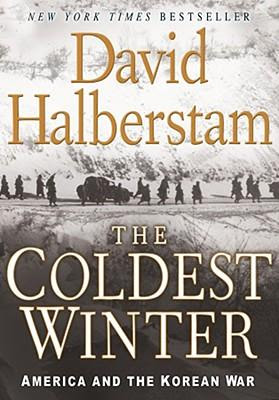Old Gamers Never Die: Surviving the 'Beating the Odds' Scenario in 'Cold Waters'

© 2017 Killerfish Games If you are a regular – or semiregular – reader of A Certain Point of View, you probably know that in July I purchased Killerfish Games’ 2017 submarine game Cold Waters from Steam. I had been wanting to get it for some time, but I waited till it was on sale; I didn’t want to shell out nearly $40 for a computer game, even if said game billed itself as the a spiritual heir to MicroProse’s 1988 classic, Red Storm Rising. Like Red Storm Rising, Cold Waters has Training, Single Mission, and Campaign modes; unlike Sid Meier’s game, which is based on the late Tom Clancy’s 1986 best-selling novel, it gives players the option to play as an American, Soviet, or Chinese submarine commander in Cold War-turned-hot campaigns set in three distinct eras (1968, 1984, and 2000) in alternative histories which take a turning point in world affairs – say, the Warsaw Pact invasion of Czechoslovakia in August of ’68 – and tweak it so that the two blocs that waged the Cold War find





